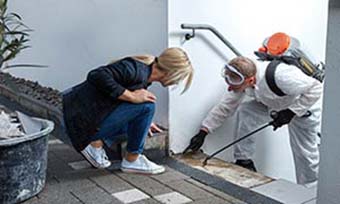1. How often should I get my home inspected for termites in Georgia? »
Whether you live in a brand-new home or one that’s been built for over 100 years, it’s important that all homeowners invest in annual termite inspections by a professional pest control company. Between inspections, you can inspect your own home for termites by keeping an eye out for damaged wood, discarded wings, mud tubes, damaged or hollowed-out wood, and more.

2. How can I prevent termites naturally? »
While all-natural methods aren’t recommended for treating an active infestation, they can be used for preventative measures to varying degrees of success. Some of the most popular natural termite methods include orange oil, cardboard traps, exposure to sunlight, diatomaceous earth, nematodes, and boric acid.
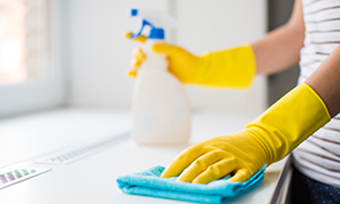
3. How do you prevent termites when building a new home in Georgia? »
There are several ways to help prevent the possibility of termite infestations when building a new home by treating the foundation before, during, and after construction. Using termite-resistant materials, avoiding having wood in contact with soil, and directly treating the lumber used to build the home are just a few of the ways to prevent termites from the get-go.
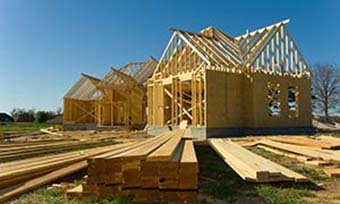
4. Can you prevent termites in existing homes? »
Termites can be prevented in homes of all ages. Older homes may be at a higher risk simply due to the fact that they are more prone to decay. Homeowners in new and old houses alike need to take preventative measures to protect their homes from infestations, whether through regular inspections, DIY methods, or, ideally, both.
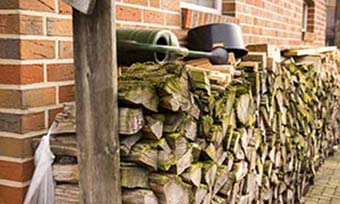
5. What are the costs of termite prevention in Georgia? »
Preventative termite treatment is something every homeowner should consider investing in. The costs of termite prevention vary depending on how often you need service. Whether you invest in regular inspections or yearly treatment, choosing to spend money on prevention can help save you from the high costs of a termite infestation.

6. Lawn & garden termite prevention »
Termites are equally as likely to infest your lawn or garden as they are your home. Subterranean termites need contact with soil to survive, which is why piles of wood in your garden or wooden furniture on your deck are susceptible to termite damage. Preventing termites in your lawn or garden requires many of the same methods as preventing them in your home.
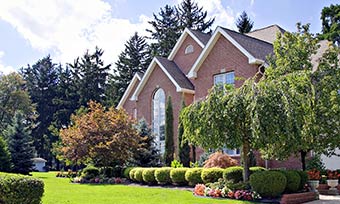
7. What is a termite bond? »
Termite bonds are contracts between homeowners and professional pest control companies that function to protect you from the unexpected costs and frustrations of a termite infestation. These bonds are a great idea for any homeowner wanting to take every possible measure to avoid termites infesting their home.

8. How often should my home be treated for termites in Georgia? »
Whether you live in a new or older home, you should have your property inspected for termites every single year as a method of prevention. Because termite treatments last anywhere from a few years to a decade, it is essential to know when your home needs to be re-treated by a professional pest control company.
